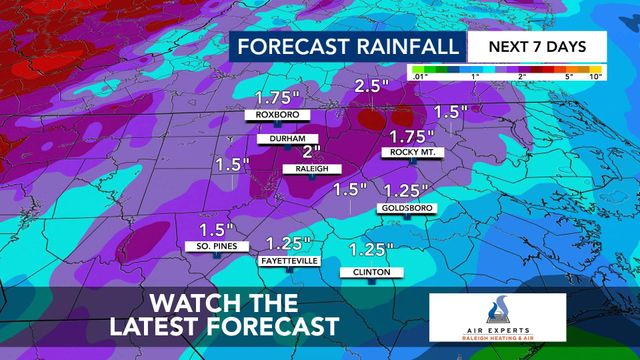Fort Bragg Medivac unit: 'We monitor everybody the same'
Surviving in a combat zone takes a lot of practice. For members of Fort Bragg’s 82nd Combat Aviation Brigade, that practice has become a reality during their one-year deployment in Afghanistan.
Fort Bragg’s Medivac unit arrived in August, ahead of the rest of the brigade, and has been training at Bagram Airfield. The unit averages about 400 missions a month in Afghanistan’s rugged terrain.
Maj. Graham Bundy is a pilot and in charge of the military air ambulance outfit that's called into action when troops are injured and must be rushed to a hospital.
"The importance of getting to that guy, completing that mission, weighed against the challenges of weather and terrain are what makes this job challenging for us," he said.
On the day a WRAL News crew flew with the unit, the missions went into the mountainous region of the Tagab Valley. The hilly and rugged terrain that covers Afghanistan adds to the difficulty of navigating the flying route that sometimes takes the unit into hostile areas.
When the unit is called into hostile territory, a Chase Blackhawk helicopter with armed gunners shadows the medical team as it does its work.
"I can be a little nervous from time to time," said Sgt. Kevin Burleson.
Their focus, though, is always on the patients, and and the universal language is medicine. When WRAL News was with them, the unit transported an injured French soldier on one trip and flew three severely wounded Afghan nationals to a military hospital in Kabul on another mission trip.
"Age, extent of injuries, we monitor everybody the same," said Capt. Jamie Rodriguez.
In the combat zone, the team often sees the worst of the worst, but it helps that the team feels like family.
"You have a lot of cohesiveness, and that allows us to be able to express some of our feelings and talk to each other about what we do and when we do it, which I believe helps us cope with what we do," Burleson said.









